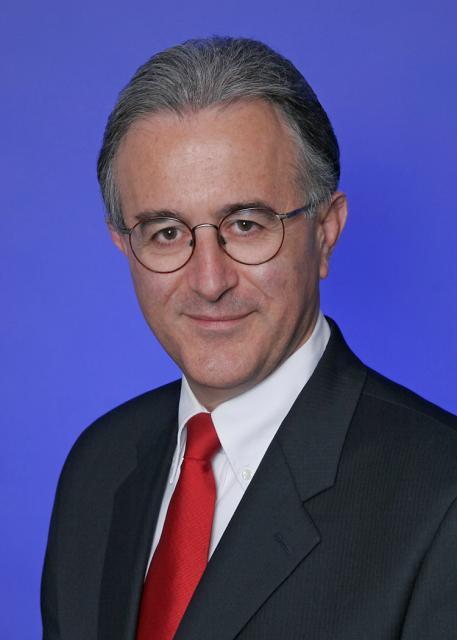Executive Leadership | Editor’s Message
To Our Readers
Setting A Higher Bar

Alberto Grignolo
Editor
Fellow of DIA
hose who came to DIA Europe 2018 in Basel last month expecting EMA Executive Director Guido Rasi to detail the logistics of the Agency’s move from London to Amsterdam in 2019 were in for a surprise.
Without dismissing the importance of the move and its impact on approximately 800 families of EMA employees, Director Rasi chose instead to emphasize what matters most: the uninterrupted productivity of the Agency (as both gatekeeper and enabler) with regard to the timely assessment of medicines for the benefit of patients. His views were echoed by others (national regulators, patient advocates, industry representatives) at the meeting, who ironically now regard Brexit as an opportunity for the 27 post-Brexit EU Member States to compensate for the anticipated “exit” of the influential British MHRA by hiring more local experts and assessors, thereby raising their own bar of regulatory expertise. The mood was cautiously optimistic as Brexit becomes a reality in March 2019.
DIA Europe 2018 was remarkable in other ways. Not only did it attract the highest attendance in nearly a decade, it convened a more diverse range of voices than in the past – “traditional” participants such as industry, patient advocates, and European and Japanese regulators, but also “newcomers” such as regulators from China, Russia, Turkey and Ghana, the WHO, HTAs, payers, technology companies, and other stakeholders. The sessions, exhibit hall, and receptions were consistently packed; many sessions had no slides at all but resembled “fireside chats” populated by diverse panelists and driven by provocative questions from moderators; the final rapid-fire session, where all nine Meeting themes were summarized succinctly (five minutes each!) by their respective leaders, was standing-room only.
The energy at DIA Europe 2018 was high. I ascribe this to a collective sense that our ecosystem is facing unprecedented, uncertain, daunting and exciting change. The driver of change is access to medicines.
The essence of the access challenge faced by society was summarized elegantly – in two words – by Mimi Darko, Chief Executive Officer of the Food and Drugs Authority of Ghana: Access depends on availability and affordability. Both are necessary if patients are to have access to the medicines they need; both involve all stakeholders (scientists, drug developers, trial subjects, regulators, HTAs, payers, technologists, and data scientists); and both are issues not only in low-income economies but also in the most highly developed economies. Access is a global challenge.
The annual DIA Europe meeting is no longer about navigating European regulatory procedures, as it was one or two decades ago. Now, it is holistic, about the most pressing healthcare needs of society, and not only European society. These are global needs.
DIA Europe 2018 set a higher bar for itself and for all participants, calling on us all to engage, to challenge and disagree with each other, to build, and to drive change. The need for numerous, diverse stakeholders to work together constructively was an overarching and recurring theme; it was also clear, based on the tone and debates in many of the panels, that this is easier said than done.
EMA’s physical move to Amsterdam was clearly not the hot topic of the day.
The hot topic is access.
Alberto Grignolo, PhD
Editor
Global Forum
Fellow of DIA
Send your feedback on this issue to:
Publications@DIAGlobal.org

